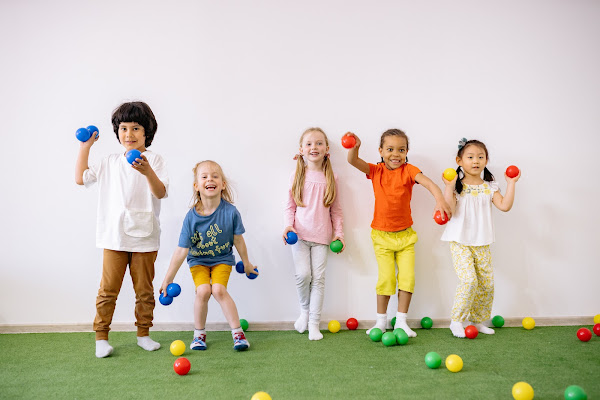All parents want their children to be part of a daycare environment that helps their children develop appropriately. For many, the whole-child approach of Montessori is the ideal type of daycare, including parents of children with learning challenges such as autism. The reason for the success of Montessori is multi-faceted, and the traits mentioned here are only a brief glance, not the entire list.
Ordered Environment
In Montessori, daycare children find themselves in an ordered room that has been tailored specifically for the use of kids. Tables, chairs, and furniture are child-sized, and workstations are always kept in their designated location. The prepared environment of a Montessori daycare is carefully laid out to provide children with the incentive to become engaged, and that helps their development.
Freedom of Movement
Montessori does not confine children to a generic desk all day. Instead, children are able to move freely between workstations as they engage in learning different things. In some cases, children are quietly alone, and other times they work together in teams or as a group. And while there are class activities where everyone participates together, most of the day is tailored toward freedom of choice and movement.
Play-Based Learning
Hands-on, play-based learning is perhaps the best-known premise of Montessori schools. What is important in this is that Montessori activities are not idle toys, but carefully selected activities that provide different types of instruction under the guise of children playing with something they enjoy. As they play, kids learn about a wide range of topics, including language, reading and writing, and mathematics.
Whole-Child Development
Traditional schools are focused almost entirely on the academic side of education with a little physical activity thrown in for a small portion of the day. By contrast, Montessori is all-0in on early development. Everything from developing vital motor skills to learning how to do math or building a vocabulary is part of the Montessori Method. Montessori even helps children develop a healthy sense of self-esteem and imparts the importance of teamwork and taking an active role in one's environment.
For more than a century, the Montessori Method has been gaining awareness and popularity, almost entirely because of what it has to offer early childhood development. For parents, Montessori is a way to help their child develop fully, including social, physical, and academic skills. Montessori may not appeal to every parent, but it has a wealth of benefits to offer most of them.
.jpg)

